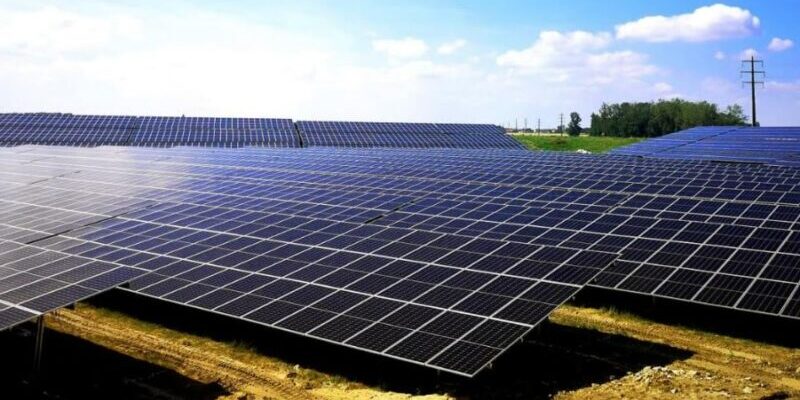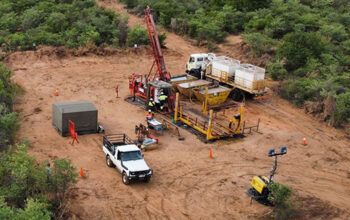Electricity generation from solar parks in Mozambique increased by 18.6% in 2024, yet it still accounts for less than 1% of the country’s total production, according to official data reviewed by Lusa.
The budget execution report for January to December 2024 shows that solar power production from five large solar parks and smaller plants exceeded 101,247 megawatt-hours (MWh), up from 85,343 MWh in 2023. However, the government’s target of 138,808 MWh for the year was not met.
Despite this growth, solar power contributed just 0.5% of Mozambique’s total electricity generation in 2024.
Hydroelectric plants remained the dominant source, accounting for 83.8% of total production, with the Cahora-Bassa Hydroelectric Plant alone producing 81.7% of the country’s electricity.
Mozambique aims to expand solar energy capacity by 2030, targeting at least 1,000 MW of new solar power across five regions, as part of what officials call a “true solar revolution.”
The Energy Transition Strategy (ETS), cited by Lusa, highlights the country’s strategic challenge post-2030: whether to prioritize green energy exports or supply industrial consumers. Previously, Mozambique had 125 MW of planned solar projects, with 80 MW already connected to the grid.
Under the new $80 billion investment strategy, Mozambique plans to develop by 2030:
- At least 1,000 MW of solar photovoltaic capacity in Dondo, Lichinga, Manje, Cuamba, Zitundo, and other locations.
- Between 200 MW and 500 MW of onshore wind power in Lagoa Pathi, Inhambane.
By 2050, Mozambique aims to have 7.5 GW of installed solar photovoltaic capacity and up to 2.5 GW of wind power capacity.
Encouraging Large-Scale Investments
The ETS calls for favorable business and regulatory policies to attract large industrial investors to develop utility-scale solar and wind projects.
It also urges the government to expand the Mozambique Renewable Energy Auction Programme, which promotes competition in awarding renewable energy contracts.
The success of South Africa’s solar expansion through competitive auctions is cited as a regional model to follow.
The ETS stresses that Mozambique’s growing energy demand must be met through clean energy, requiring a sustained “solar revolution” in the coming decades.
![]()




